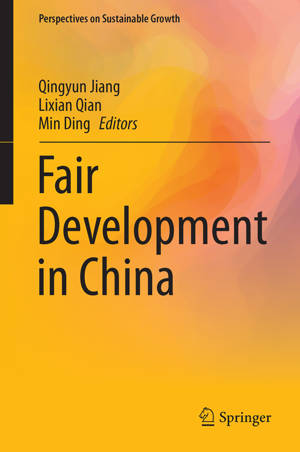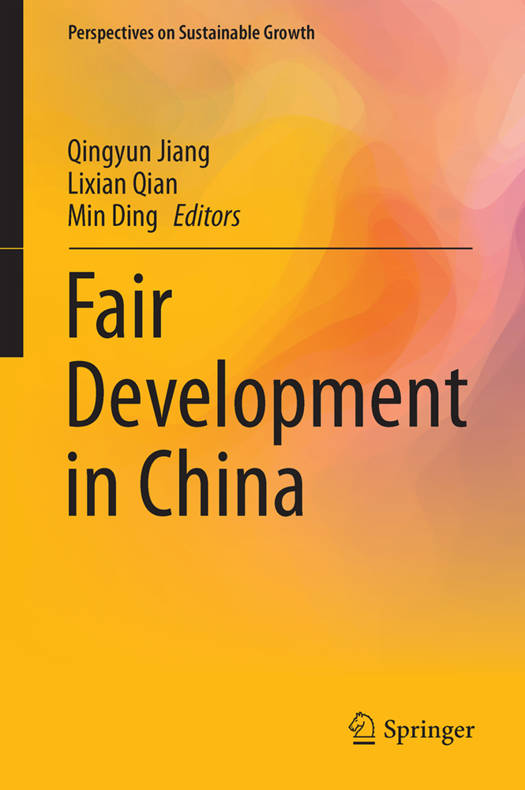
- Afhalen na 1 uur in een winkel met voorraad
- In januari gratis thuislevering in België
- Ruim aanbod met 7 miljoen producten
- Afhalen na 1 uur in een winkel met voorraad
- In januari gratis thuislevering in België
- Ruim aanbod met 7 miljoen producten
Fair Development in China
Omschrijving
The purpose of this volume is to explore sustainable innovation and "fair development" in China. It examines various existing problems currently faced in China, such as food safety, education, healthcare, employment, housing, the environment and censorship, among others, and provides different perspectives in relation to fair development. Topics covered include coordinated governance, energy consumption and policy, dynamic sustainability, green marketing, and people-oriented education. While the focus of the volume is on China, the research process and structure presented can also be used to explore fair development in other emerging economies.
Fair development is a framework that includes such principles as sustainability, with particular respect to the implications for human development in the context of available opportunities, resources, and outputs. China, the world's second largest economy, continues to face several challenges when pursuing sustainable development, suchas unbalanced growth pressure in the central and western regions and rural areas of China, the fragility of the natural environment, and resource constraints and structural problems in economic and social development. It is a crucial mission for China to sustain economic growth without sacrificing environmental sustainability or human rights. For example, there is increasing pressure on China to reduce its dependence on fossil energy. Therefore, innovations in technologies, management, and even systems are critical to drive a transition to low-carbon energy, which will be a long-term process.
Featuring contributions from a diverse group of researchers from multiple disciplines, this volume provides a comprehensive collection of perspectives on economic, political, and social development in China.
Specificaties
Betrokkenen
- Uitgeverij:
Inhoud
- Aantal bladzijden:
- 284
- Taal:
- Engels
- Reeks:
Eigenschappen
- Productcode (EAN):
- 9783319436616
- Verschijningsdatum:
- 11/10/2016
- Uitvoering:
- Hardcover
- Formaat:
- Genaaid
- Afmetingen:
- 156 mm x 234 mm
- Gewicht:
- 589 g

Alleen bij Standaard Boekhandel
Beoordelingen
We publiceren alleen reviews die voldoen aan de voorwaarden voor reviews. Bekijk onze voorwaarden voor reviews.








